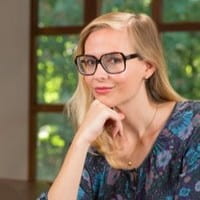HEAL presents: Lunch and Learn
Torments of a Terrifying Gland:
How Medical Humanities Can Improve Prostate Care
A conversation with Dr. Ericka Johnson
Professor of Gender and Society, Linköping University, Sweden
Biography:
The author of A Cultural Biography of the Prostate (MIT, 2021), Dr. Erika Johnson’s interdisciplinary research combines the best of social studies of science, medical sociology, and feminist science studies. Her latest work examines medical technologies and the multiple ways in which artifacts express and highlight the cultural values that shape our lives.
